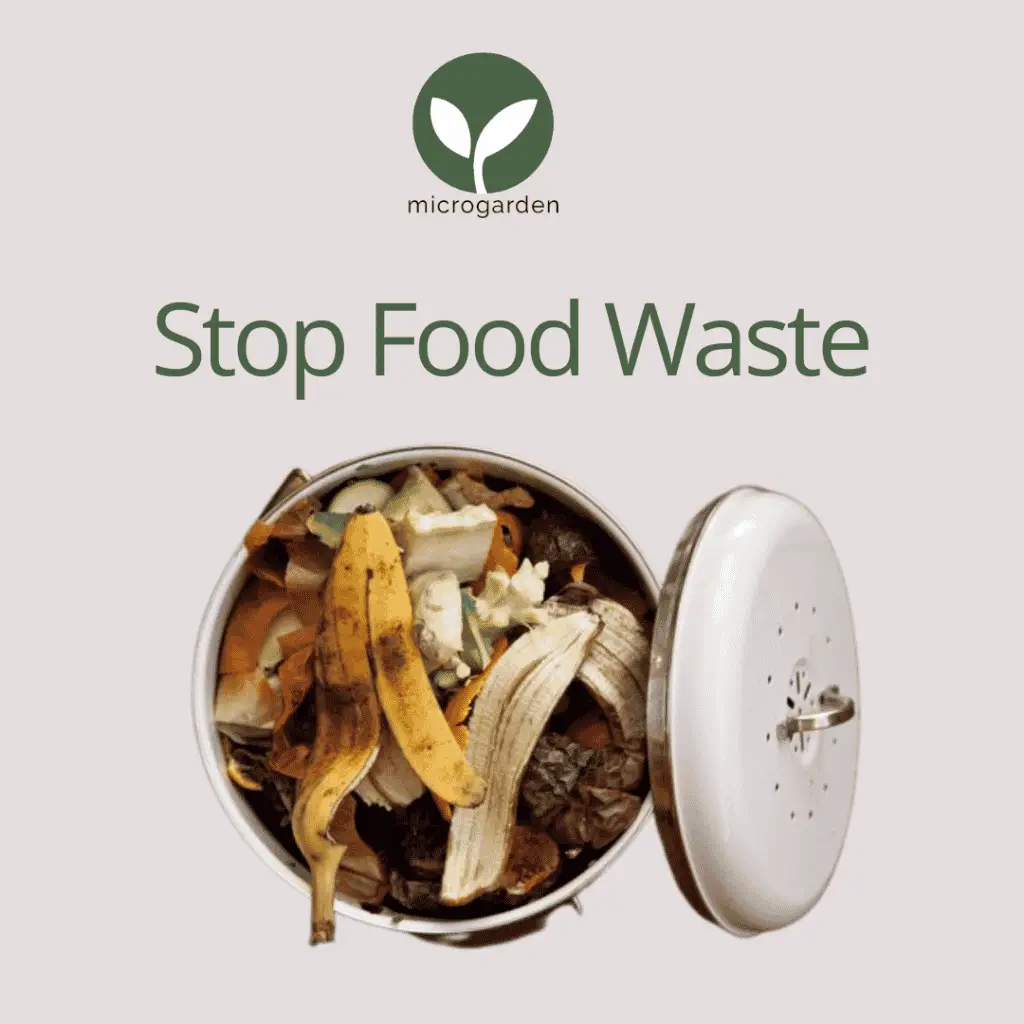We just celebrated Earth Day in April, there are so many wonders that exist on our planet. Yet we continue to fill the landfills, over consume natural resources and place pressure on natural processes.
According to statistics with the world population nearing 9.6 billion people by 2050. That would equate to nearly three times the planet size to sustain the population. With the growing numbers in population so too does the increase in global food waste. The increase in food production to maintain food security will add existing pressure to the planet’s constrained natural resources. A scary statistic that looms South Africa is 24.5% of people go to bed hungry every single day.
How can you help minimize food waste in your home?
- Plan meals ahead
One of the best and simplest ways to reduce food waste is to plan all your meals in advance. Writing out what you need per meal, will ensure that all ingredients purchased are appropriately used. On average about 15% of food wasted in the home includes products still within their expiration date but never opened.
- Rotate time-sensitive foods in your fridge and cupboard
Fresh food always needs to be within eyesight as soon as it is pushed to the back of the cupboard or fridge it is forgotten about. Check all your food’s expiry dates and those expiring soon need to be used first. You can do this by organising your fridge storing components per fresh produce such as meat, fruit and dairy.
- Process or dehydrate any damaged fruit or meat
The biggest challenge is to ‘save’ the food before it cannot be consumed. Fruit that is somewhat changing colour can be cooked and made into a preserve, jelly or jam. Alternatively you can cut up your fruit, vegetable or meat can be cut into rings and hydrate it, now you have a healthy snack alternative.
- A compost bin
The easiest way to preserve the planet is to create your own compost bin. It is the best way to produce high quality, low-cost fertilisation. Kitchen scraps are high in nitrogen, and the composting process requires a balance between nitrogen and carbon, so the dried vegetative matter from your garden and shrubs can provide the carbon component.
We love to use our compost in our garden as it provides our plants with nutritional values they need to thrive. Composting your kitchen waste and yard trimmings helps divert that waste from the landfill.
In love and encouragement to preserve our planet earth and help the communities around us,
Kerry Engelen

#christmas2022 bamboo basil bees birds christmas composter conscious DIY eco-friendly Environment flie flies Foodwaste garden gardening greener habits health healthy healthylifestyle herbs indoor herb garden kitchen lifestyle mindful nature nutrients organic pandemic planet plants plastic pollution products recycling reducing reusing ShooAway shopping solar sprouts sustainability sustainable waste

